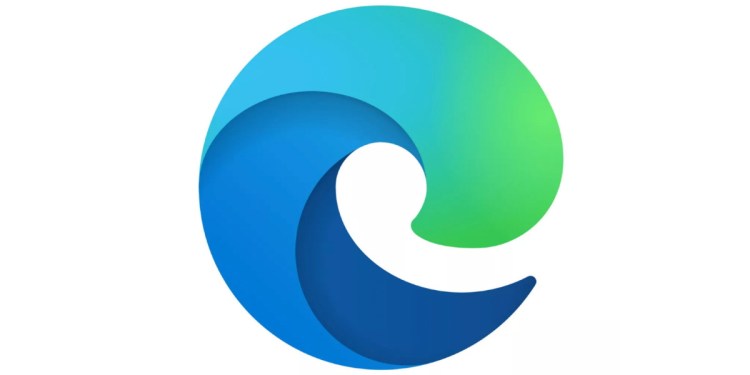testsetset
At its Ignite 2019 conference today in Orlando, Microsoft announced that its new Edge browser based on Google’s Chromium open source project has hit release candidate status. Additionally, the company shared that Chromium Edge will hit general availability in more than 90 languages on January 15, 2020. Microsoft also detailed some new features around Microsoft Search in Bing. While the two announcements might seem disjointed at first, Microsoft is trying to position Edge and Bing as “the browser and search engine for business.”
In December, Microsoft embraced Chromium for Edge development on the desktop, announced it is decoupling Edge updates from Windows 10 updates, and promised that Edge is coming to all supported versions of Windows and to macOS. In April, Microsoft released the first Chromium Edge builds for Windows 10 (daily Canary and weekly Developer channels). In August, Microsoft debuted the Chromium Edge Beta channel (updated roughly every six weeks) for Windows 7, Windows 10, and macOS.
(Over the weekend, Microsoft revealed the new Edge logo that you see above. For the first time in decades, it’s not a blue “e” — it’s a wave, presumably for “surfing” the web. The logo is not present in the new Edge release candidate, but it will show up in the next preview build shipping on November 5.)
Chromium Edge is for businesses
Now that Chromium Edge is at the release candidate stage, Microsoft is sharing a little more about how it plans to differentiate the new browser from the many other Chromium-based options. As with its decision to build its own Android phone, Microsoft is tapping Google to give business users unique features on popular consumer platforms. Whether it’s hardware or software, Microsoft is obsessed with selling productivity.
June 5th: The AI Audit in NYC
Join us next week in NYC to engage with top executive leaders, delving into strategies for auditing AI models to ensure fairness, optimal performance, and ethical compliance across diverse organizations. Secure your attendance for this exclusive invite-only event.
(In related news, Microsoft is expanding its App Assure program to cover Chromium Edge in Q1 2020. If your site works in Internet Explorer 11, Google Chrome, or the current version of Edge, it will work in Chromium Edge. If it doesn’t, Microsoft will help you fix it at no additional cost.)
So that’s what Chromium Edge appears destined to be: a business browser. Businesses mainly use Windows, though some also have Macs floating around so Chromium Edge is not just a Windows 10 affair. Microsoft knows the existing version of Edge isn’t appealing because it isn’t keeping up with the web. But the company also knows Chromium Edge will not convert most existing Chrome users, so it’s focusing on the business use case.
Microsoft Search in Bing
To do so, Microsoft plans to give Chromium Edge some extra privacy tools and access to corporate information that exists on company intranets. “The irony is that it is easier to find an obscure piece of information on the much larger internet than it is to find a simple document on your company’s intranet — such as a paystub portal, a pet at work policy, or the office location of a fellow employee,” Microsoft CVP Yusuf Mehdi laments.
Microsoft Search is the company’s cross-domain search solution. By letting business users scour their intranet in Microsoft Search while using Edge to browse the web, the company hopes they can access all the data they need in a single experience. Plus, Microsoft is promising Office integration: You’ll be able to launch Office apps right from Edge as you search for internal files using Bing. (Office continues to be a cash cow for Microsoft.)
Microsoft Search in Bing, as this functionality is confusingly named, lets you search for people in Chromium Edge’s address bar using natural language. You can find people by their title, team name, and office location. You can also search for office location and get results that show floor plans for directions. Natural language support also means you can get definitions for company acronyms and use a broad set of questions and answers to find internal company information.
Most importantly, this won’t be a desktop-only offering. Microsoft Search in Bing will be accessible on your mobile phone so you can search for company information on the go.
Many businesses already use Chrome and at least one Microsoft browser (Internet Explorer and/or Edge). If Chromium Edge can deliver on the above promises, it could cut that figure down to one.


